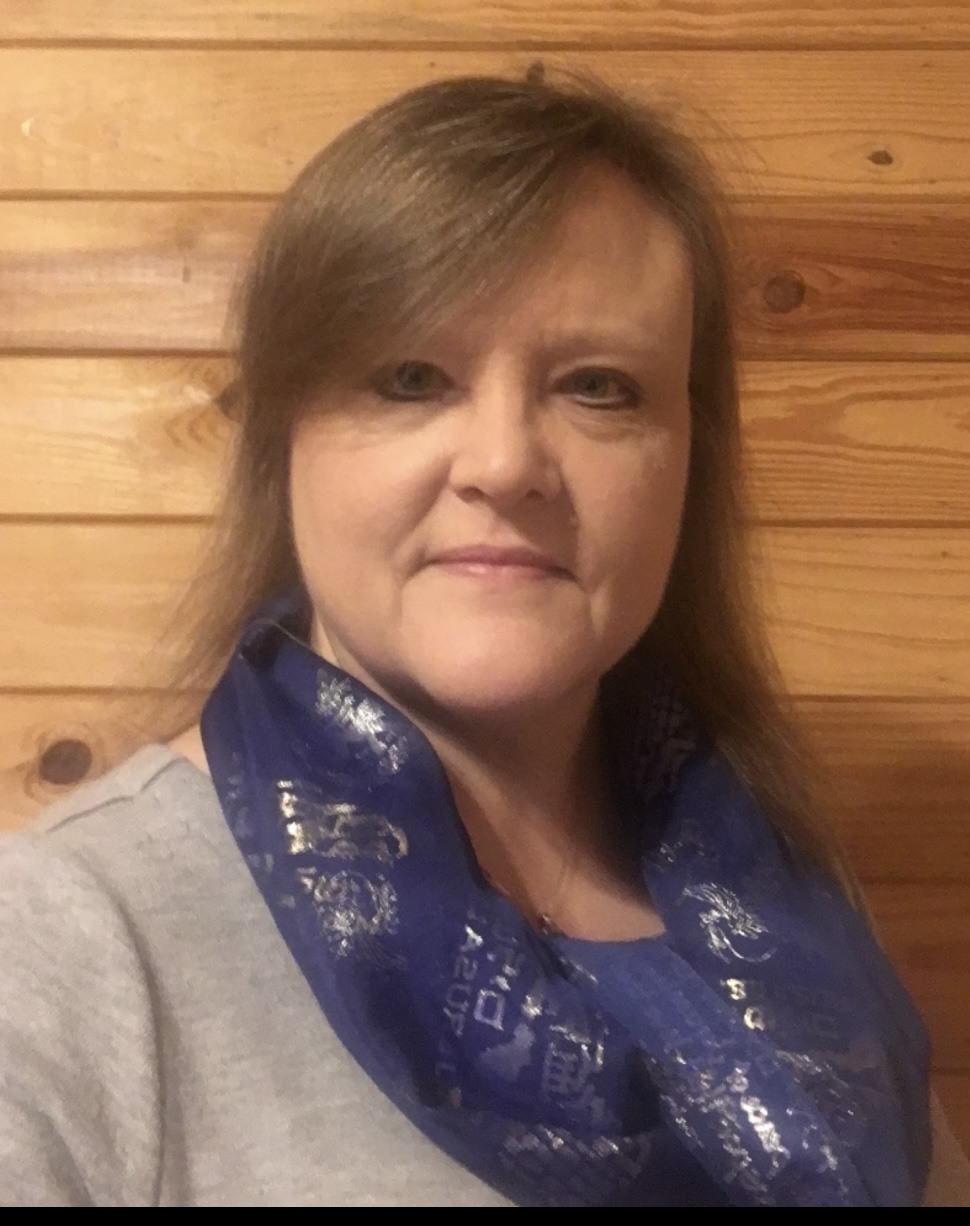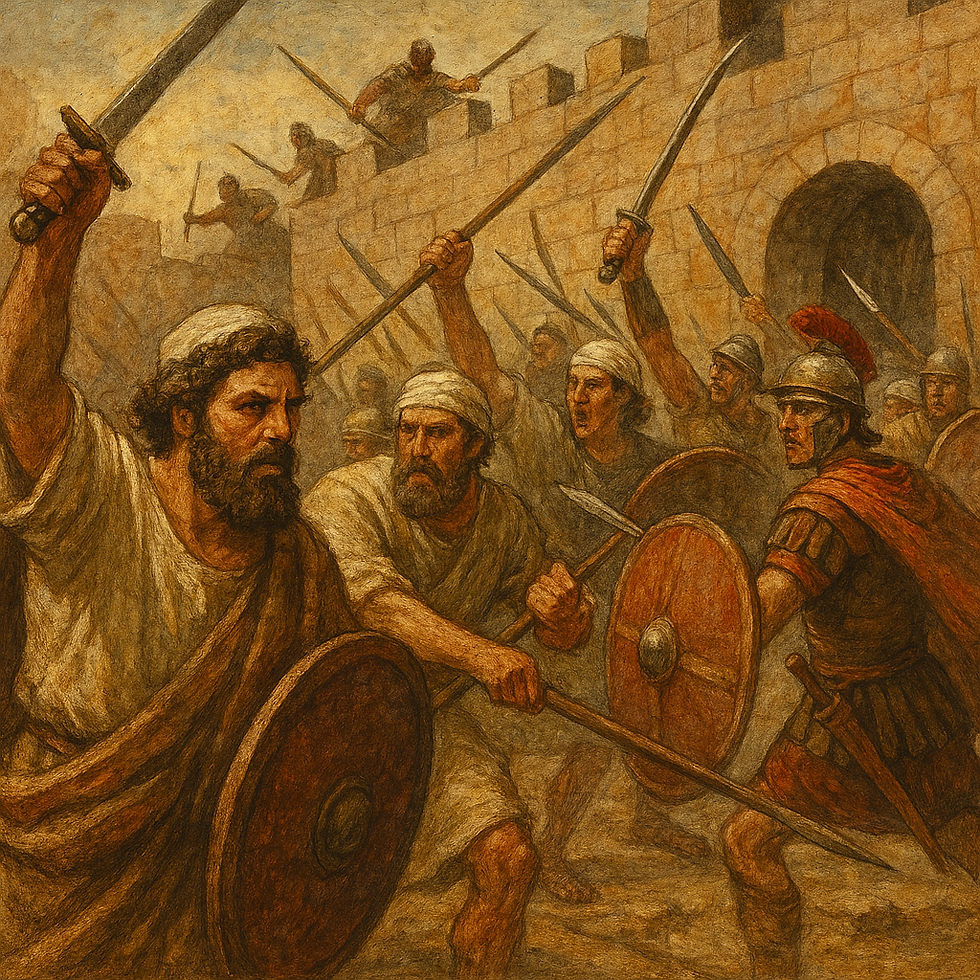And When They Had Sung A Hymn
- Leisa Baysinger

- Dec 2, 2020
- 2 min read
Updated: Jul 24, 2022
Matthew 26:30 “And when they had sung an hymn, they went out into the mount of Olives.”
Mark 14:26 “ And when they had sung an hymn, they went out into the mount of Olives.”
As a child I often wondered to myself, 'what hymn were they singing?' Perhaps it was Amazing Grace or Rock of Ages. Better yet, since it was the Passover, maybe they were singing, “The Old Rugged Cross” or maybe even “I Surrender All”, or just maybe it was “When We All Get To Heaven”.
No, this group of purely Jewish men were not singing any of those. In fact, they were holding on tightly to their heritage and customs of their faith, as Jews still do today. In fact, the hymns that they would have sung are still being sung or recited today, all over the world, on Passover.
They are referred to today as the Egyptian Hallel because they are sung during Passover and especially during the Passover meal, called Seder in Hebrew, which commemorates the Exodus from Egypt.
Psalm 113-118 are referred to as the general Hallel, while Psalm 136 is referred to as the
Hallel Ha-Gadol, or the Great Praise.
Hallel is a derivative of the Hebrew word halal which means “to praise”.
While the hallel psalms may have varied a little over time, one should take note that according to historical sources they have remained as listed above since at least the time of the Greek control of Judah. During the time of Gamaliel (listed as Rabban of the Sanhedrin during the time of Jesus) they are recorded as being sung with little variation.
The School of Hillel recommended singing Psalm 113 and 114 during the Passover Seder. Y'shua was extremely close in His teachings to that of Rabbi Hillel. Hillel was a great teacher during the time of Y'shua.
I said all of the above to make this one point - when reading the New Testament (Brit Hadashah) one must be very careful not to read it through the lenses of an American pair of glasses. It must be read and understood only through the lenses of Hebrew glasses. Just as our culture and customs have not changed much during the young history of our nation, the Hebrew culture remains virtually the same today as it was since its inception thousands of years ago. It was in this culture that our Messiah was born and grew into manhood. He was born a Hebrew, lived a Hebrew, died a Hebrew, and He is coming back as a Hebrew. There is NOTHING AMERICAN, SPAINISH, AUSTRALIAN, CANADIAN, ETC. about Him! His ways were Hebrew ways!
When a person begins to understand and perceive this mind-set, the scales on their eyes will begin to be removed and they will see The Scriptures in a whole new light of understanding and revelation.
As the last word in Psalm 113 says, HALAL YAH ! In English we would say Praise the Lord or Hallelujah!
Blessings,
Leisa
Bibliography
Encyclopedia Britannica, 11th edition, Volume 12, Slice 7


_PNG.png)





Comments